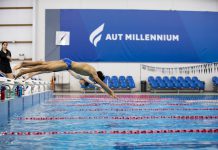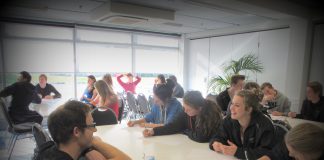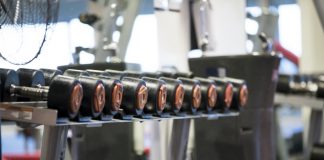We’ve all heard of “rehabilitation”, but a word gaining more and more traction in the physiotherapy world over the past several years is “prehabilitation”. As the name suggests, prehabilitation is the preparation of the body or mind for the exposure to a stressful event. Most commonly, we physios use it for pre-operative exercise programmes.
Poor pre-operative measurements of strength, range, pain and function are associated with poorer outcomes post-operatively. Although the operation in question is attempting to fix something, the process of going through surgery – however minor it is – still has repercussions on the human body. You will likely come out more sore and swollen, with reduced range and strength. Not only must you recover from the operation in question, you must rehabilitate all the pre-operative losses due to your injury / condition!
Prehabilitation is the attempt to improve outcomes BEFORE you go in to surgery, to hasten your recovery and improve your outcomes AFTER surgery. And, as the research would suggest, that it is a smart thing to do.
In a study looking at patients getting spinal surgery, prehabilitation was associated with a shorter hospital stay and improved patient satisfaction.
Another study assessed the benefits of prehabilitation on patients undergoing an anterior cruciate ligament reconstruction, and found that a six-week progressive program led to improved knee function based on physical and self-reported assessments. Twelve weeks post-operatively, these improvements were maintained.
A study assessed the benefits of a six week pre-operative exercise programme in patients requiring knee joint replacements. Patients who participated in the programme were less likely to require discharge to post-operative rehabilitation facilities and improved functional outcomes.
Studies have also shown that prehabilitation can lead to reduced pain and primary health-care requirements post-operatively. It is not specifically used to improve outcome in orthopaedic surgeries either. Several studies have looked at the benefits of prehab in patients who are undergoing heart, cancer and abdominal operations. Reported benefits have not only been physical but mental, with reductions in depression and anxiety, and improvements in quality of life measured.
If you are expecting to undergo an operation – or even just a physically stressful event – talk to a physio about what you can do to better prepare yourself and optimise your outcomes after. As we like to say; the better you go in, the better you will come out!







































